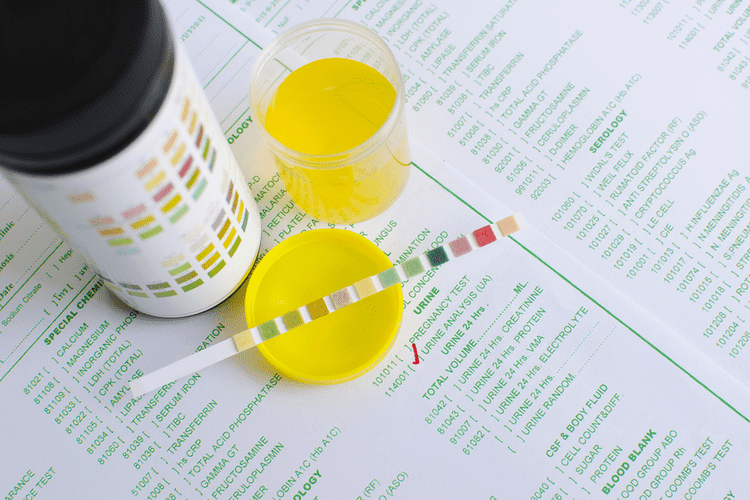As one example, a prominent complaint about 12-step programs is the spiritual aspect. That might have something to do with differences in recovery goals. For example, AA really emphasizes total abstinence https://missouridigest.com/top-5-advantages-of-staying-in-a-sober-living-house/ from drinking as the solution to alcohol addiction. Groups like SMART and LifeRing, meanwhile, can be friendlier to the idea of members moderating their drinking but not quitting altogether.
Secular Organizations for Sobriety (SOS)
- Just be sure that your rewards don’t involve drugs or alcohol.
- We understand the challenges of this stage of life, and our program is specifically built to serve the mid-life adult in a meaningful and individualized way.
- To avoid relapse and remain sober, it’s important to develop healthy relationships.
- Of course, quitting or cutting back to your ideal amount is only the first step.
- Furthermore, it can help to diminish cravings and boost motivation to remain sober.
People new to recovery can find themselves approaching their new diet, exercise program, job, and even participation in support groups with a compulsion that echoes addiction. Some definitions of sobriety call for complete lifelong abstinence while others focus on developing coping mechanisms that can reduce harm with the understanding that setbacks are common. Other definitions, however, often focus on the process of recovery and developing coping mechanisms and habits that support health and wellness over the long term. Total abstinence may be the goal, but the reality is that setbacks are common.

Embracing Self-Help Approaches
It’s critical that your family comprehends what you’re enduring so they can furnish successful backing. There is no tried-and-true way to determine whether moderation works for you. In other words, try moderation for a short time and see how it goes.
- One study found that mutual support groups can be as effective as 12-step programs and may help improve the odds of success for people who are committed to maintaining a lifetime of total abstinence.
- Without the constraints of a specific program, you have the freedom to explore different treatment options and find what works best for you.
- Read on to learn how to stop drinking without AA—including the many alternatives to Alcoholics Anonymous—and how to decide which approach can help you quit drinking.
Take a mental break with the newest Vox crossword
One of the strengths of AA is that it provides a community of people facing a similar challenge, and gives you access to others further along in the process. If you prefer not to attend AA, look for other ways to access this kind of community—whether that’s through other groups, a supportive social circle, or through a recovery coach or counselor. Either way, if you find yourself avoiding AA because you don’t want to quit drinking completely, this is a good solution to look into—and there are many ways to access it. Once you are past the initial detox phase, rehabilitation programs (or rehab) are one way to go.
Uncovering the root of addiction, beginning the healing journey, and discovering how to modify behaviors are all great benefits of attending individual counseling. Working with a therapist can empower you to recognize and address potential causes of addiction, as well as learn the tools to help you stay sober. Emphasizing personal accountability and developing a tailored recovery program, LifeRing nurtures a non-judgmental atmosphere Sober House and offers a network of peers who are also in recovery. To get involved with LifeRing, attend a meeting, or contact the organization directly – it’s a great opportunity to make a positive impact on your life. If these emotions become excessive, they can hold you back from recovery. If you are trying to maintain a sober lifestyle, those feelings can become toxic and contribute to relapse if you don’t deal with them properly.

I don’t want to drink, and so I take red flags and close calls seriously. Still, it’s decidedly weird to have taken a shot when you’re over eight years sober, especially after having been indoctrinated by AA. Instead, that night, I suffered through it until I felt completely sober again. The research is by no means the last word on this question — Zemore characterized the study as the beginning of a deeper evaluation into AA alternatives.

In conclusion, there are numerous alternative paths to sobriety beyond AA. Remember, you have the power to overcome addiction and lead a fulfilling, alcohol-free life. Are you seeking a path to sobriety without attending Alcoholics Anonymous (AA) meetings? These empowering approaches will guide you towards a healthier, alcohol-free life. The article discusses the importance of self-help approaches in achieving sobriety without AA.







